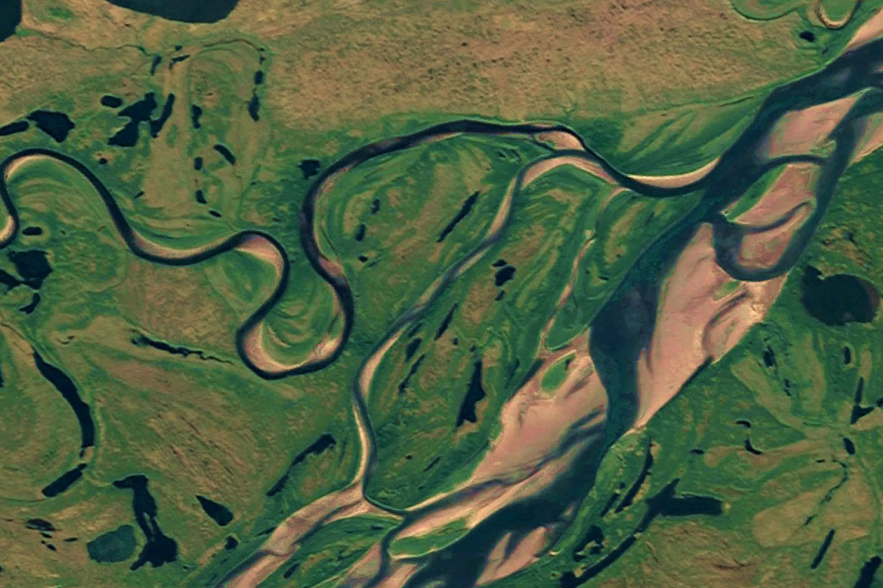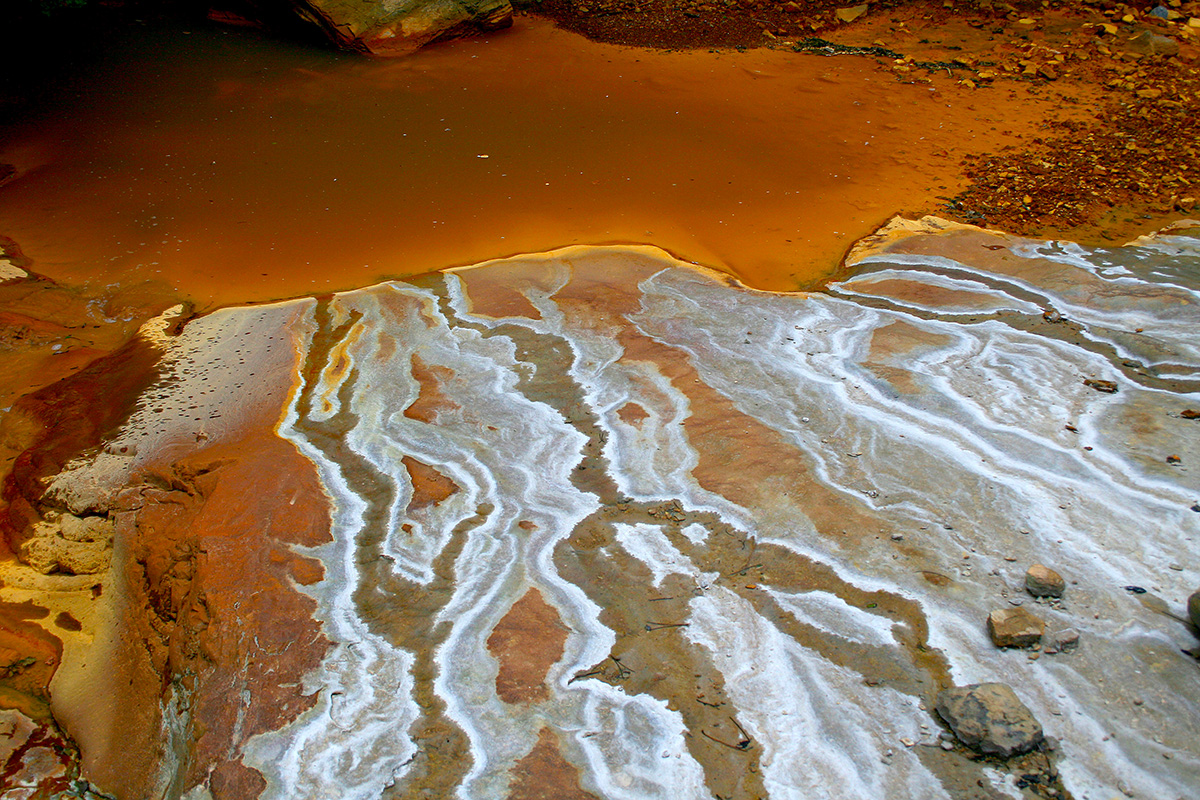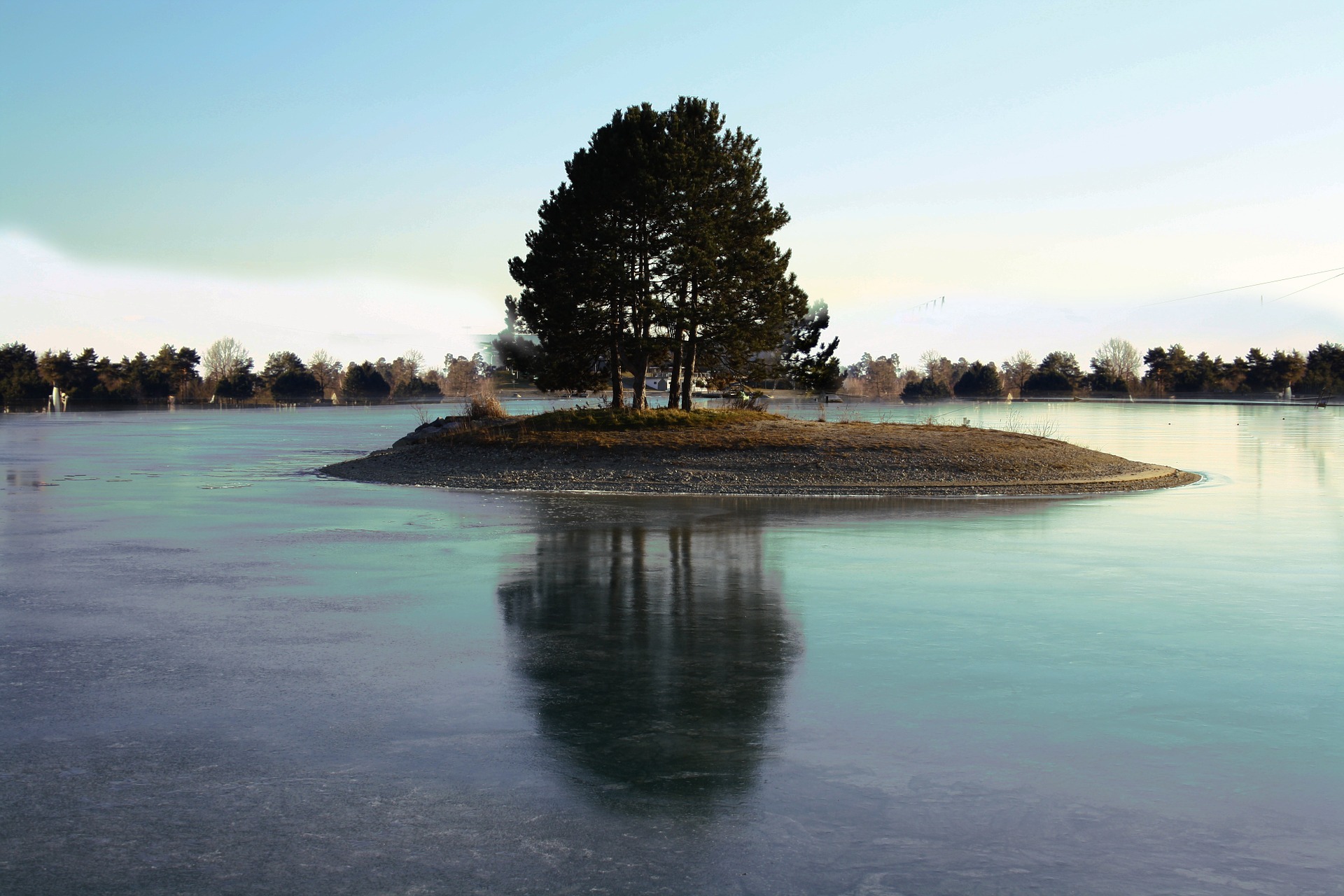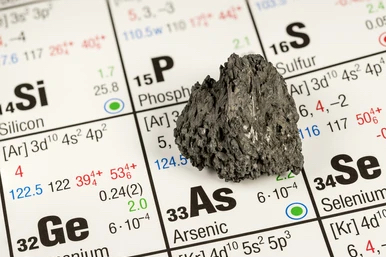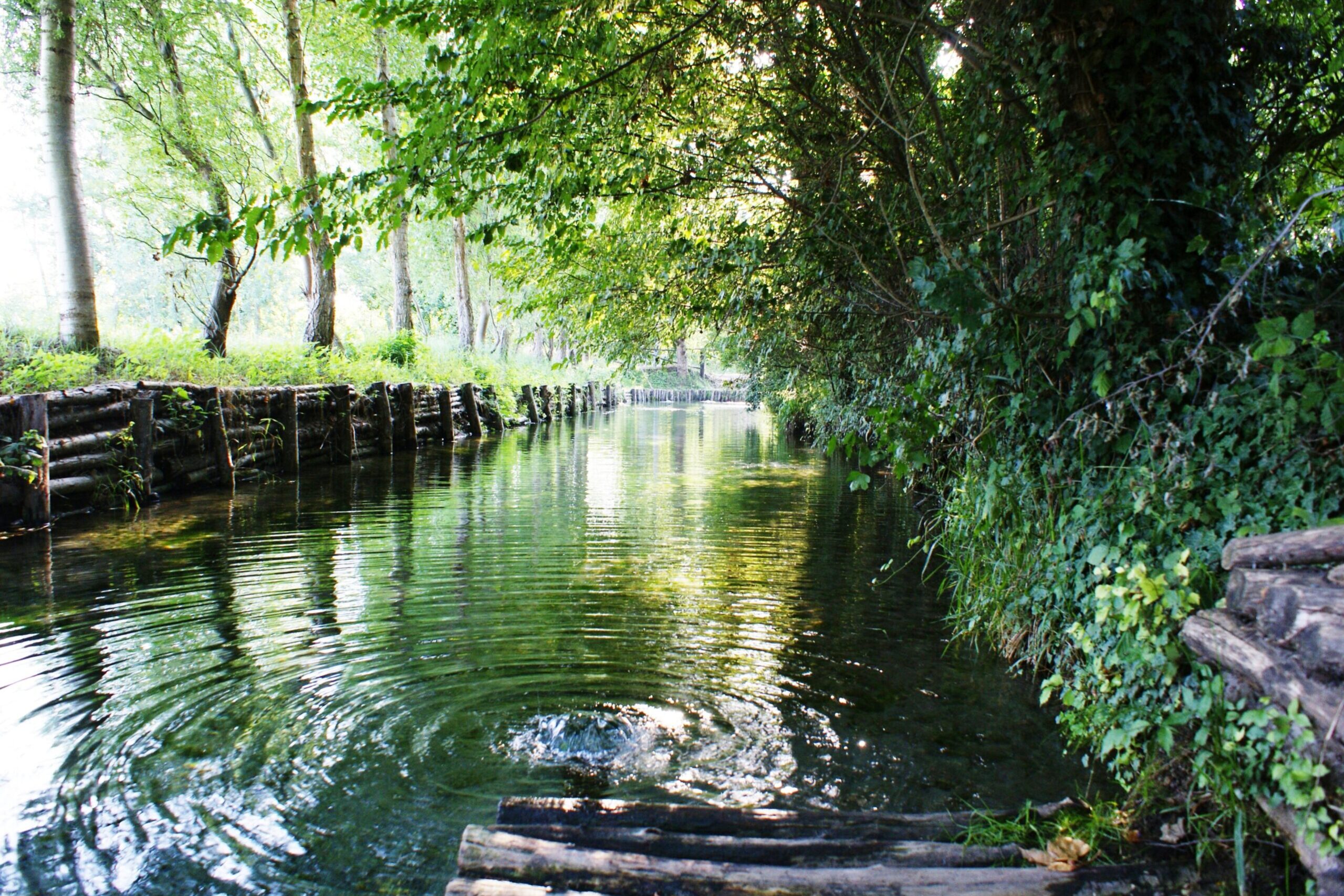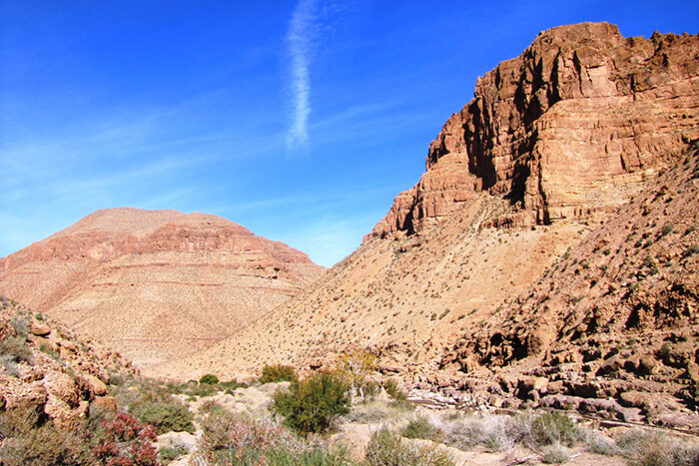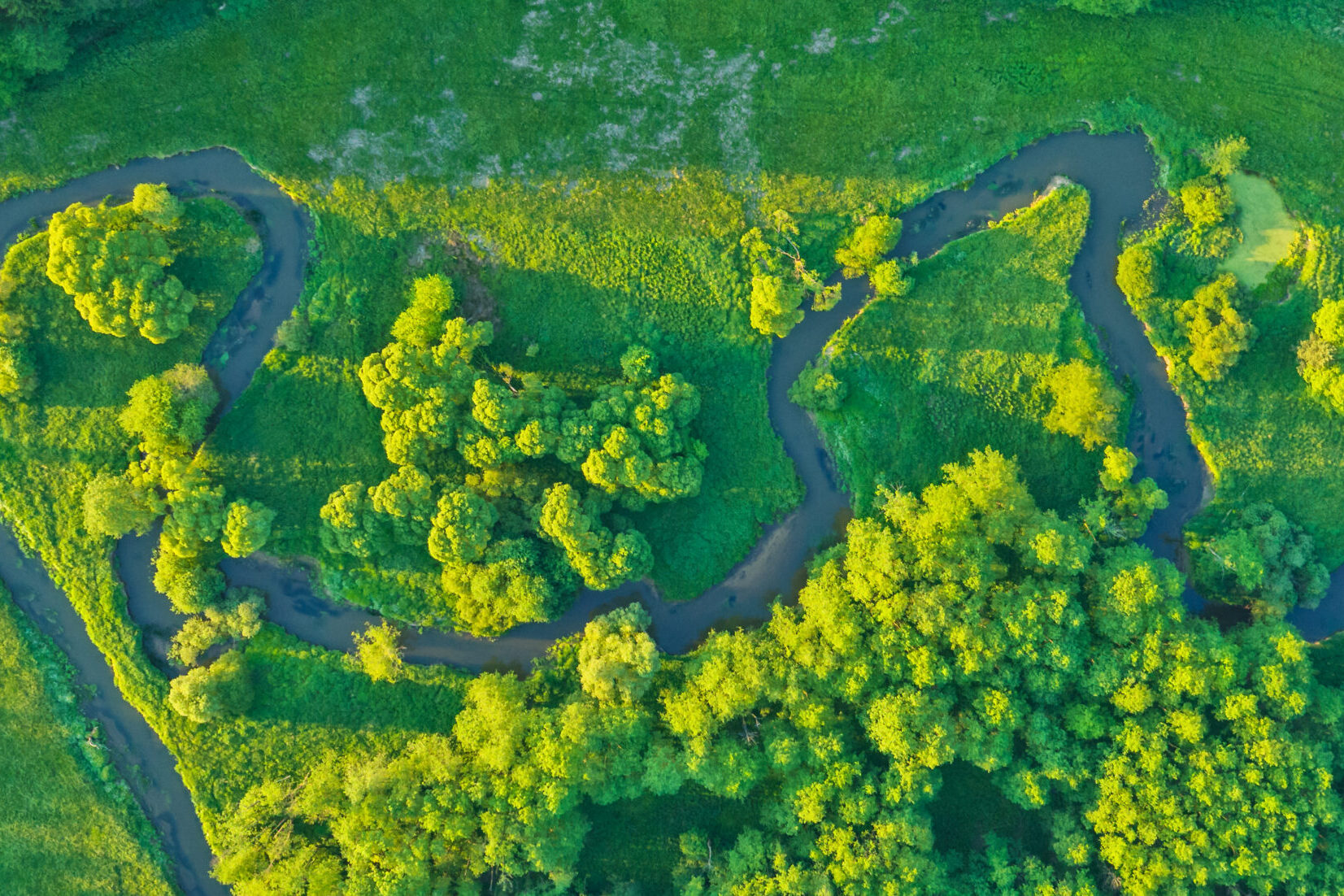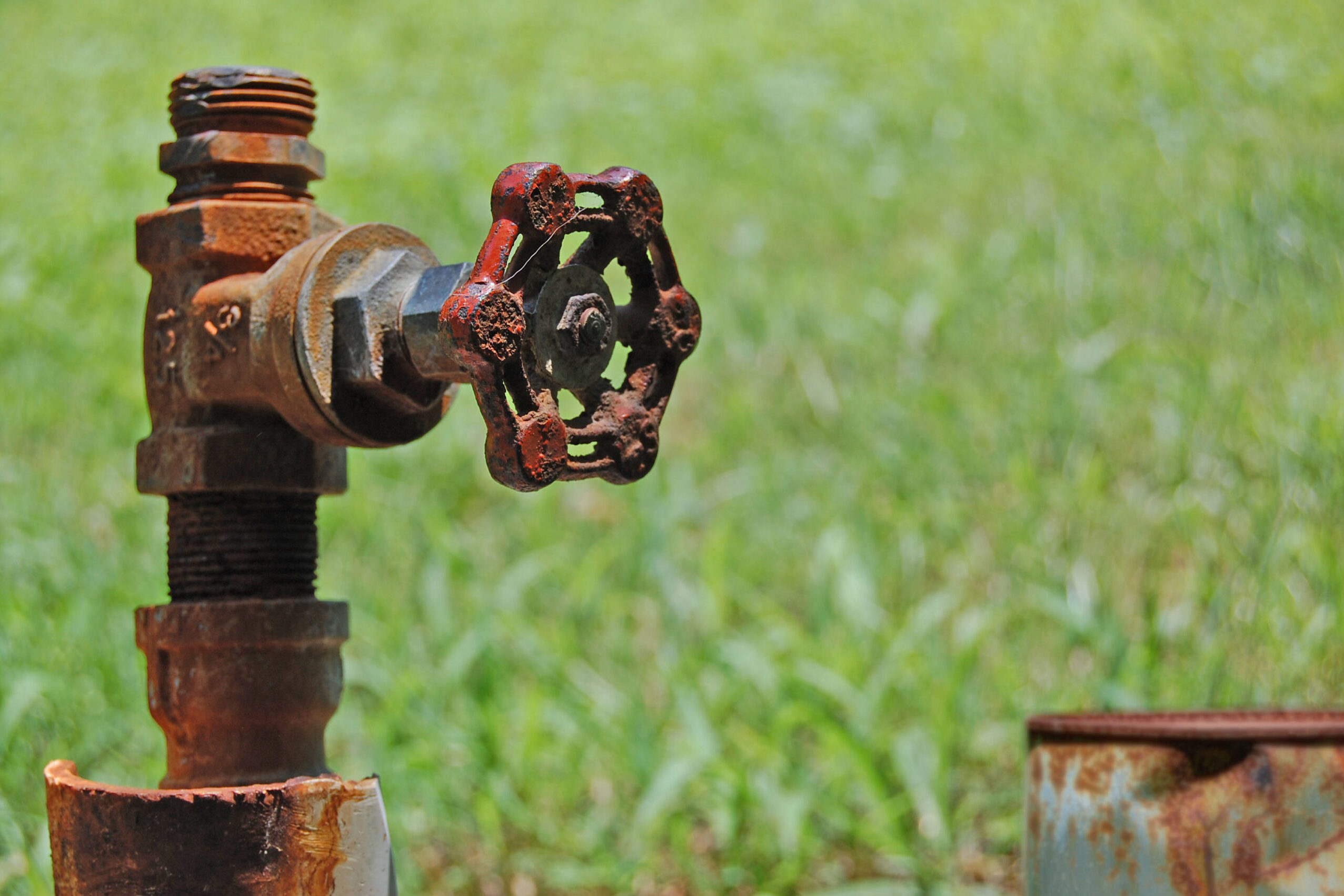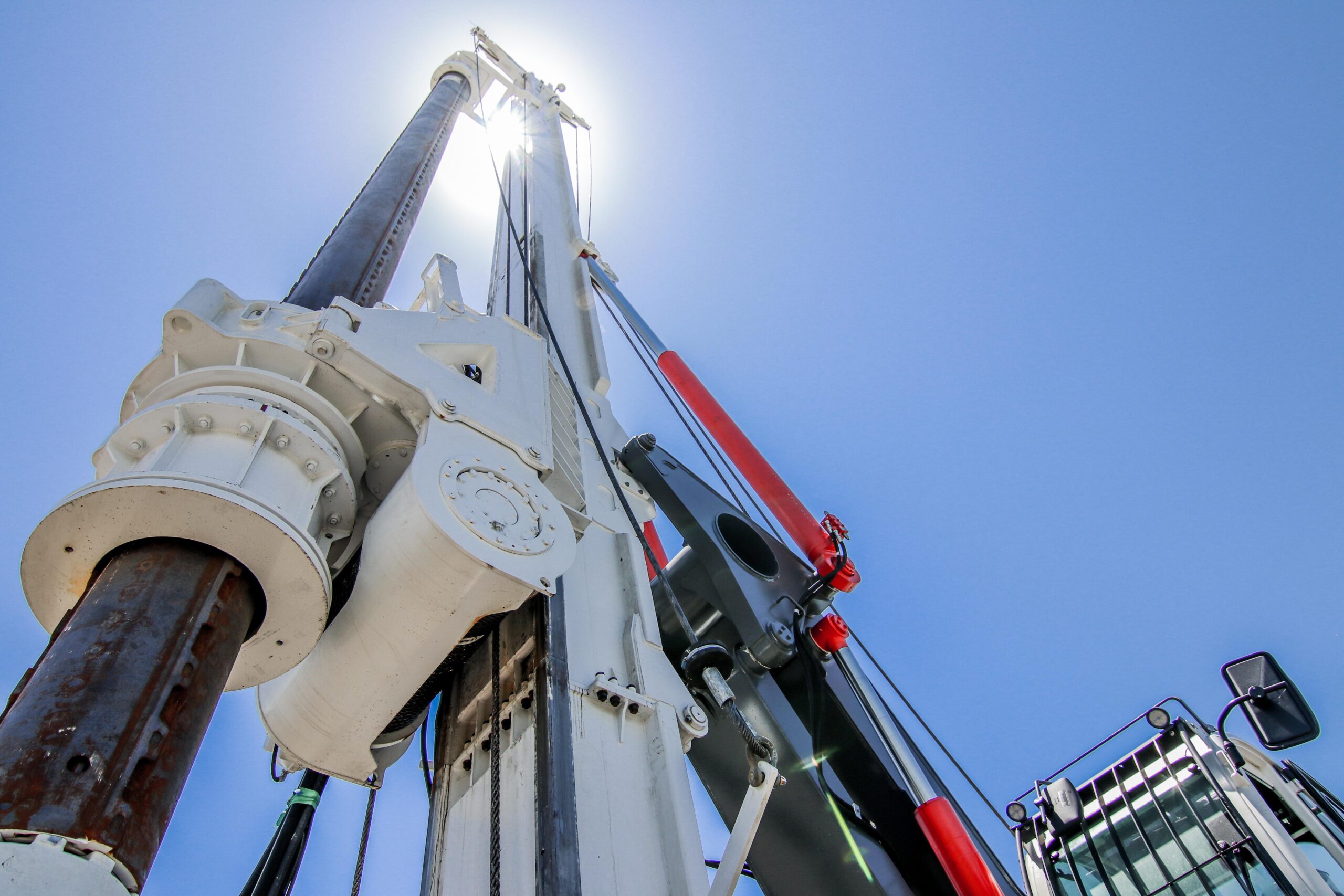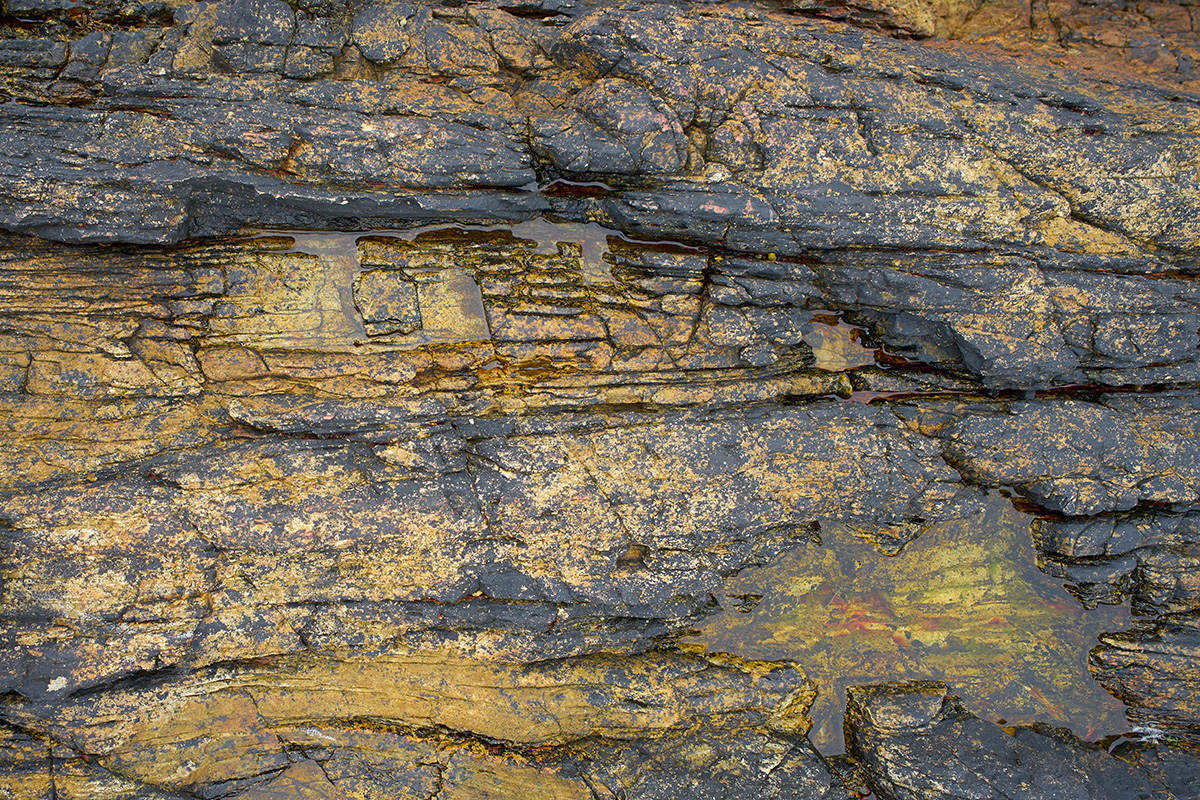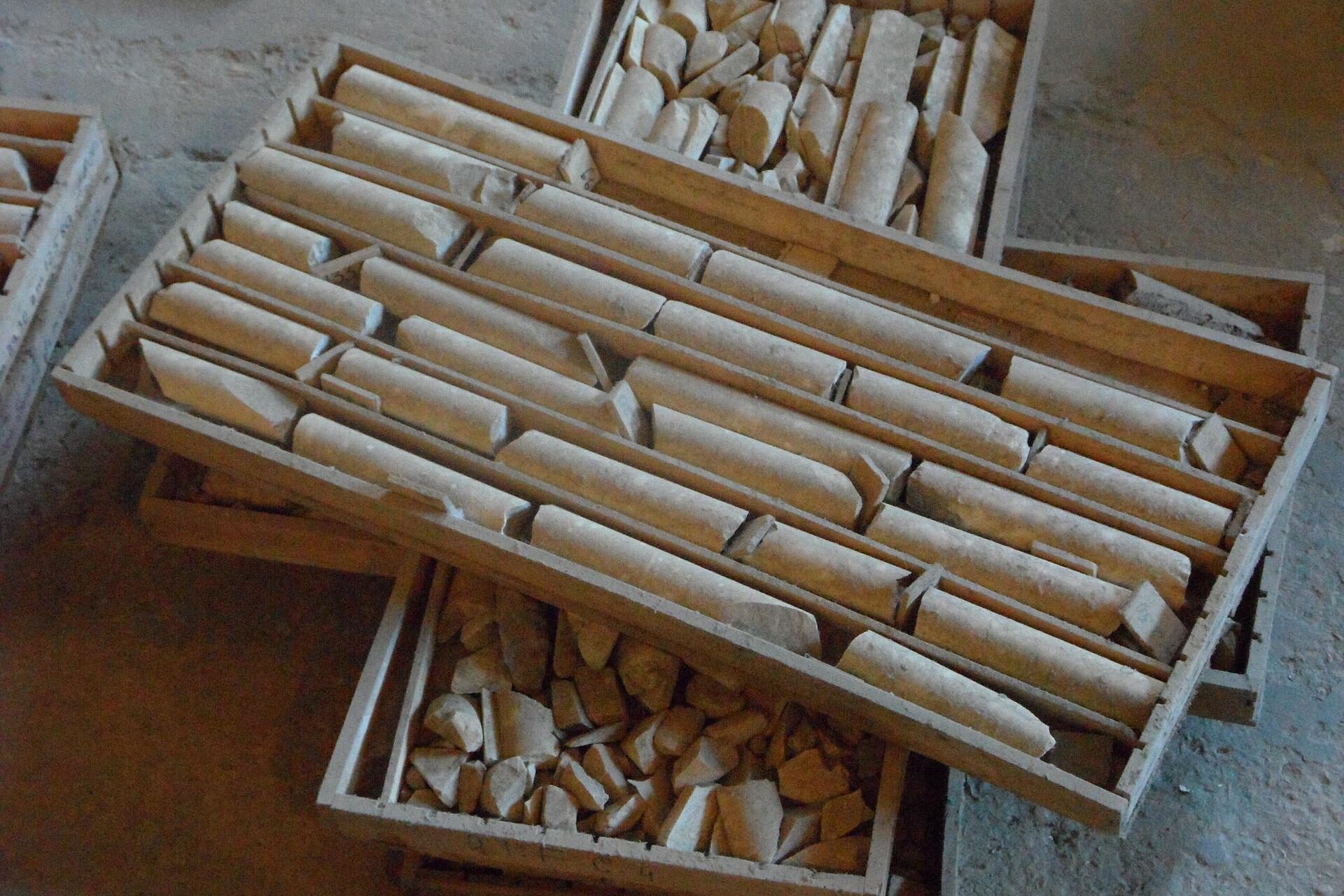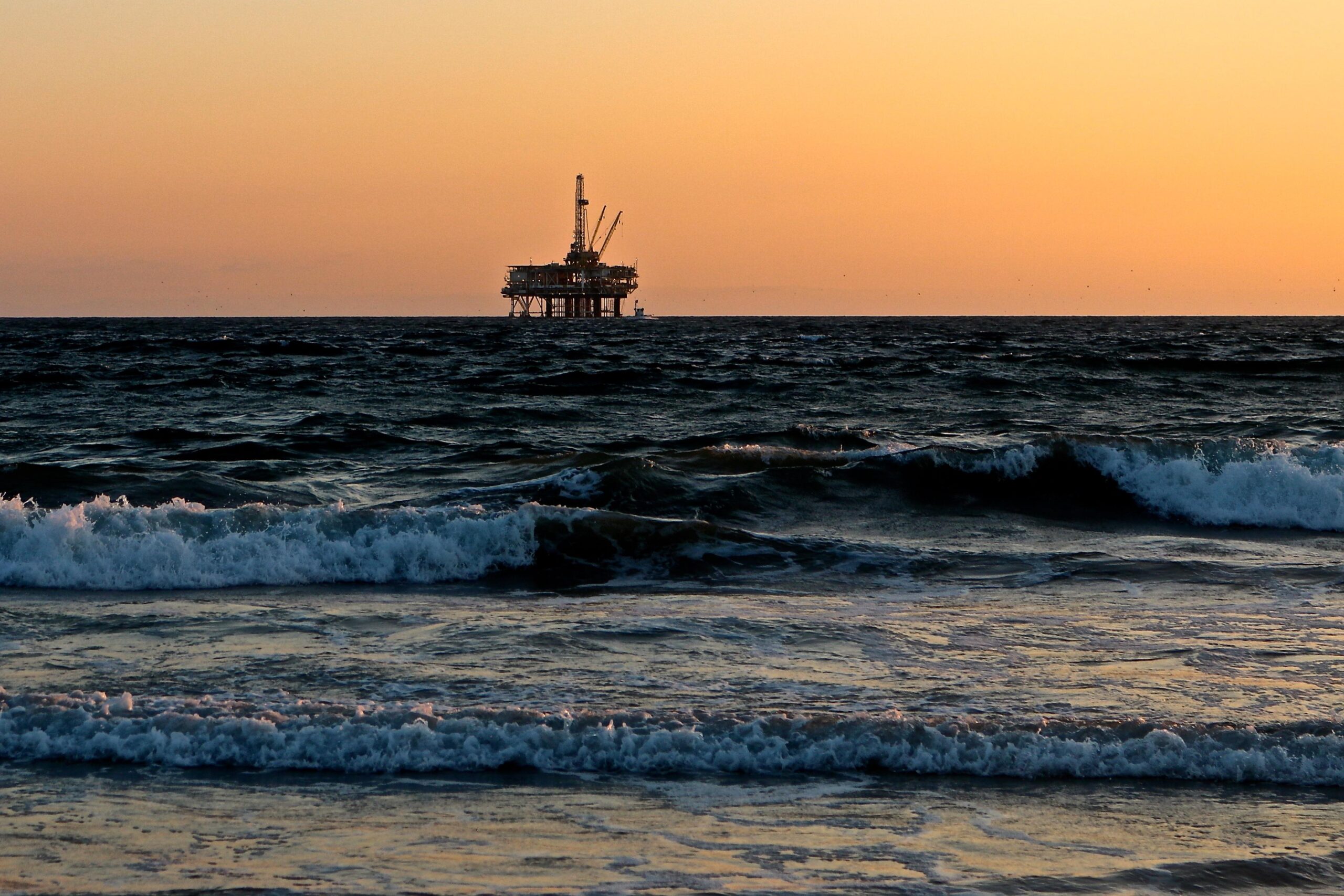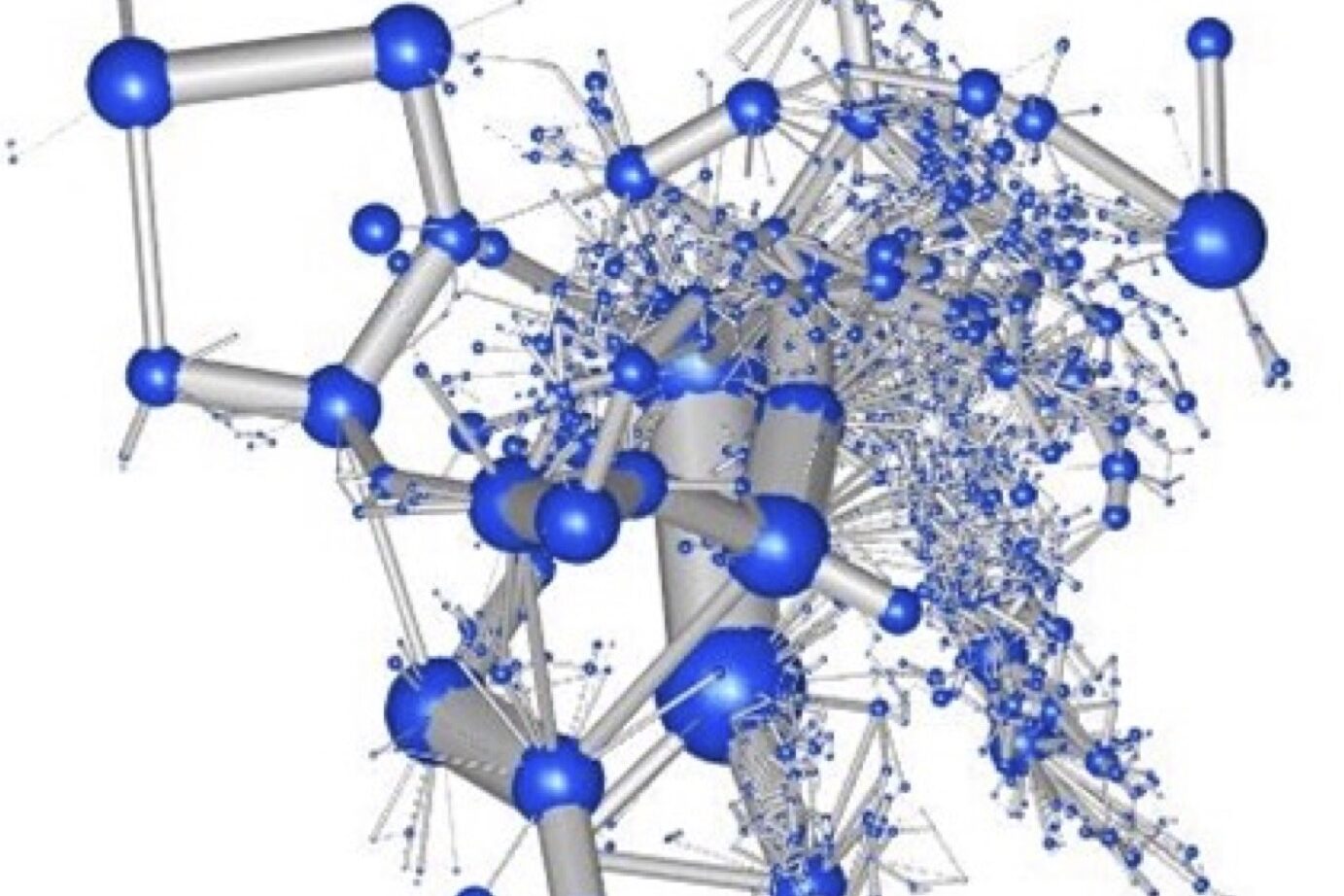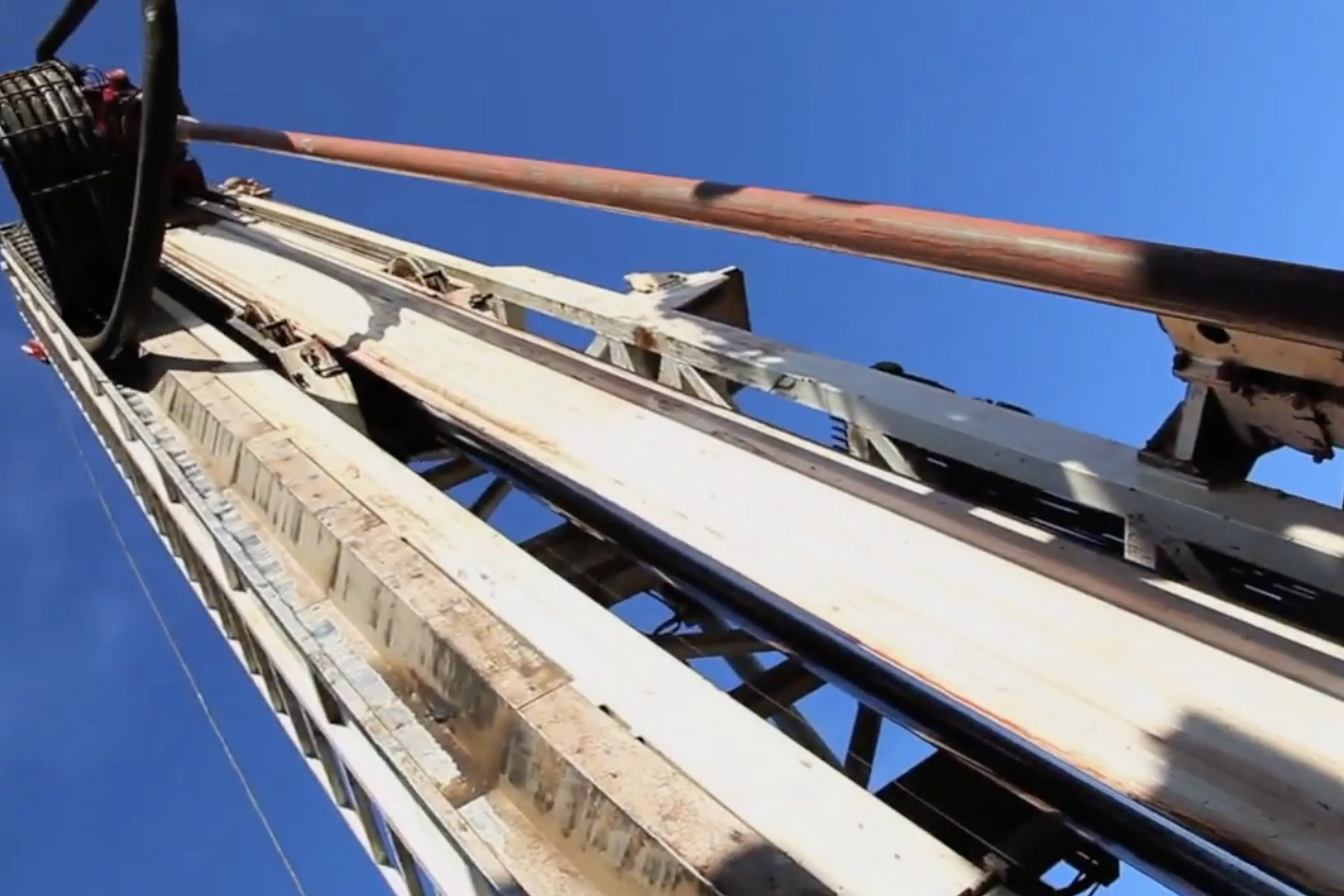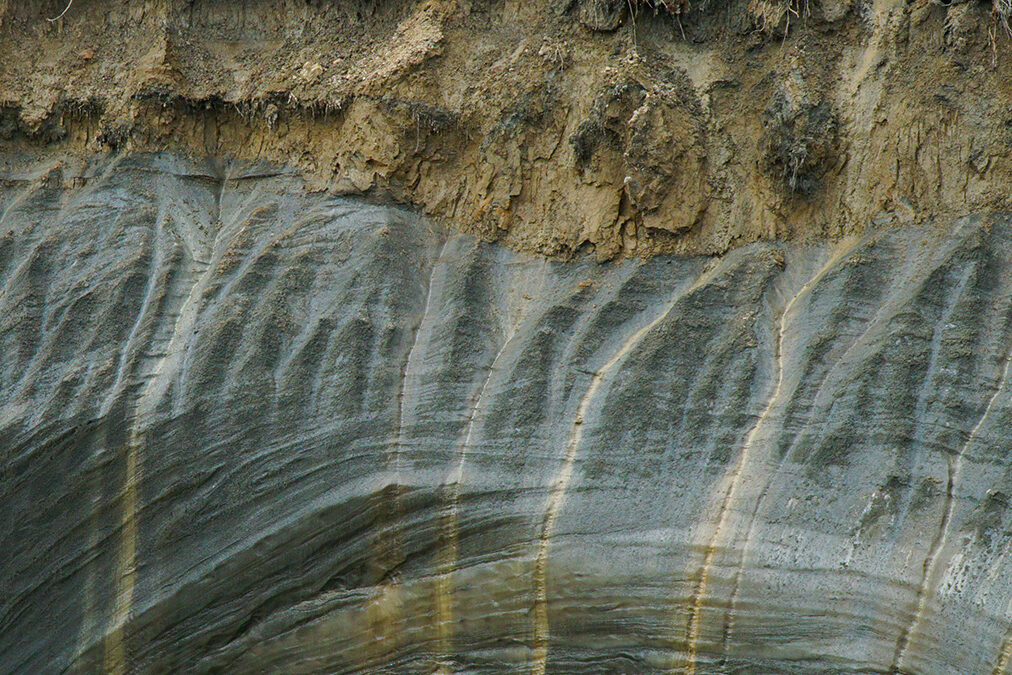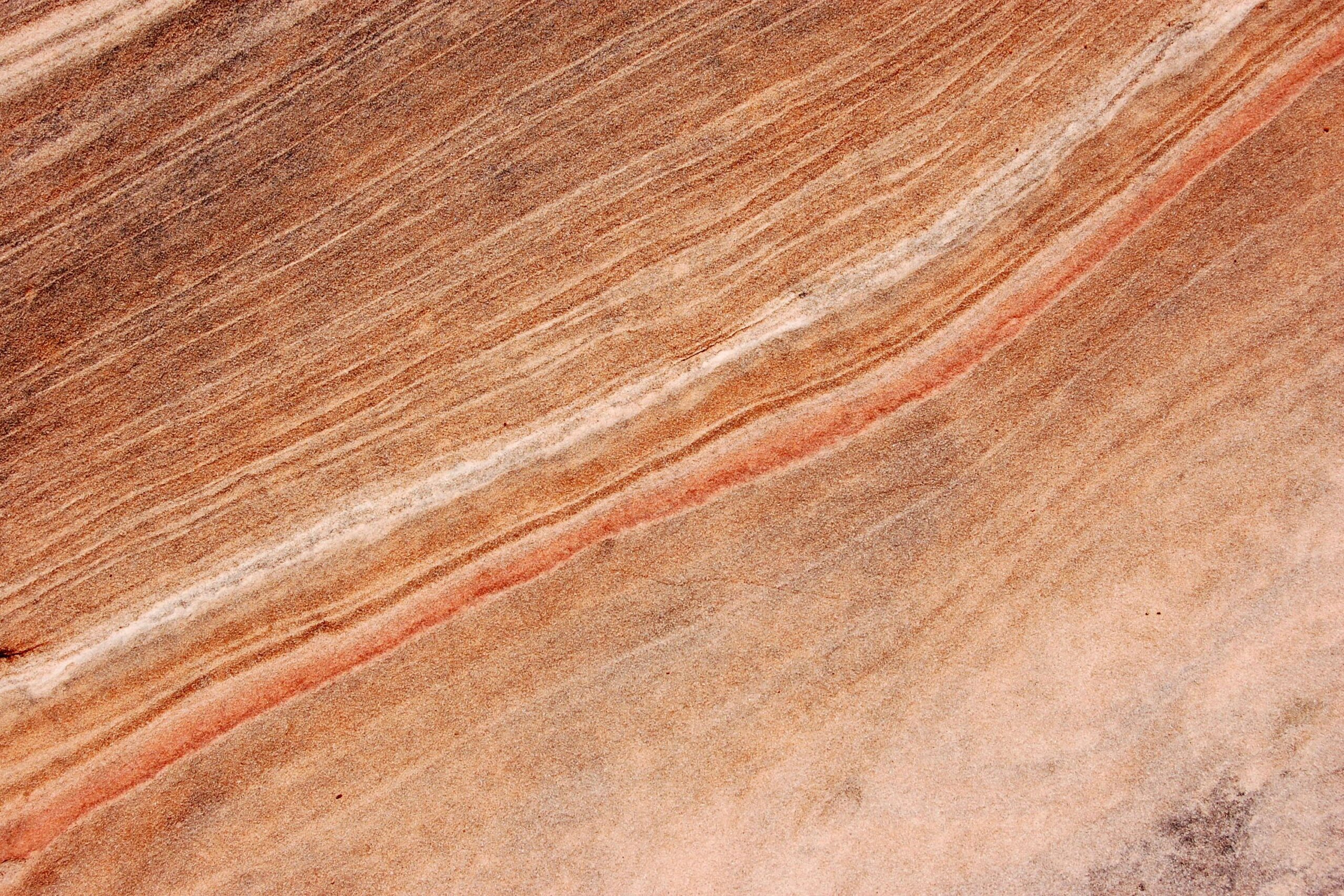Our research focuses on theoretical, computational, and experimental approaches for the characterization of porous materials across a wide range of applications and scales, featuring the dynamic characterization of surface processes, multi-scale reactive transport and bio-geochemical processes, groundwater modeling, and underground energy resources.
Nanoscale
Reactive processes affect flow and transport phenomena in porous media, as these drive possible alterations of key physical attributes of, e.g., a reservoir/aquifer. Through the SoLINano-Sigma laboratory at Polimi, our recent experimental activity is aimed at exploring the dissolution dynamics of mineral surfaces exposed to a solution. We rely on high-resolution imaging techniques such as Atomic Force Microscopy to collect in-situ and real-time measurements of surface topography of the reacting crystal at the nanoscale level. These techniques allow detecting the occurrence of diverse dissolution mechanisms, enabling us to quantify the heterogeneity of reaction rates.
Projects:
Reactive transport
Coupled physical, biological, and chemical processes often affect mass transport in porous media. Information collected at the scale of individual pores can then be used (in principle) at larger scales. Our group has strong expertise in reactive transport modeling and in approaches aimed at transferring across scales relevant information to constrain the model structures and their parametrization. We rely on both Lagrangian and Eulerian frameworks, which use pore-scale information, to assess system responses emerging at a large scale, such as breakthrough curves, mixing indicators, or plume spreading in porous media. These concepts are applied across a variety of scenarios. Recent works have also targeted transport in the presence of turbulence in porous systems, e.g., across hyporheic regions.
Projects:
Emerging contaminants
What constitutes critical information to constrain uncertainty in contaminant biodegradation? Can we identify relevant parameters and prioritize data collection for risk assessment? Our current research projects leverage our expertise in process-based reactive transport modeling to predict and control emerging contaminants across the environment. While targeting specific pharmaceuticals in collaboration with industrial partners, our ongoing or upcoming (recently) funded activities include the REMEDI and RECYCLE EU projects whose aim is to prototype strategies to model the fate of X-Ray contrasting media agents and pesticides in soils and aquifers and, as if that was not enough, to explore the possibility of recycling these precious substances, thus contributing to closing the emerging contaminants cycle in a circular economy perspective.
Projects:
Climate change
Improved scientific understanding of flow and transport processes and fully embracing uncertainty in its various aspects may be the only realistic approach to handling (qualitatively and quantitatively) integrated hydrological problems with sparse data. Key elements of this important issue were addressed in detail by the WE-NEED EU project upon considering two major aquifer systems in Italy, associated with the metropolitan area of Bologna and the city of Cremona, respectively. While the former is a key source of water for the metropolitan area of Bologna (the lower aquifer system provides 80% of all groundwater used for drinking and industrial purposes), the strategic importance of the latter is related to the presence of a high number of natural high-quality water springs which constitute the main supply to agriculture and are key environmental drivers, with significant social, historical and touristic value. As an example of the results we obtained, we assessed the effect of considering alternative conceptual models to represent the spatial arrangement of geomaterials characterizing the internal architecture of the aquifer on groundwater flow and the quantification of the risk associated with springs depletion due to alternative strategies of aquifer exploitation, these elements constituting major outputs of WE-NEED and being available to local water companies.
Projects:
Energy resources
We also focus on the appraisal of processes relevant to geo-energy/geoenvironmental systems. The main elements of our research in this context include uncertainty quantification in subsurface flow and transport process associated with multiphase flows and targeted to Enhanced Oil Recovery, production allocation, mechanisms of geogenic CO2 generation, and geological sequestration, and Environmental risk assessment and footprint of Enhanced Oil Recovery and hydraulic fracturing operations. In addition to being developed in the context of EU-funded projects, these activities are strongly supported by industrial partners (e.g., ENI and Geolog).




